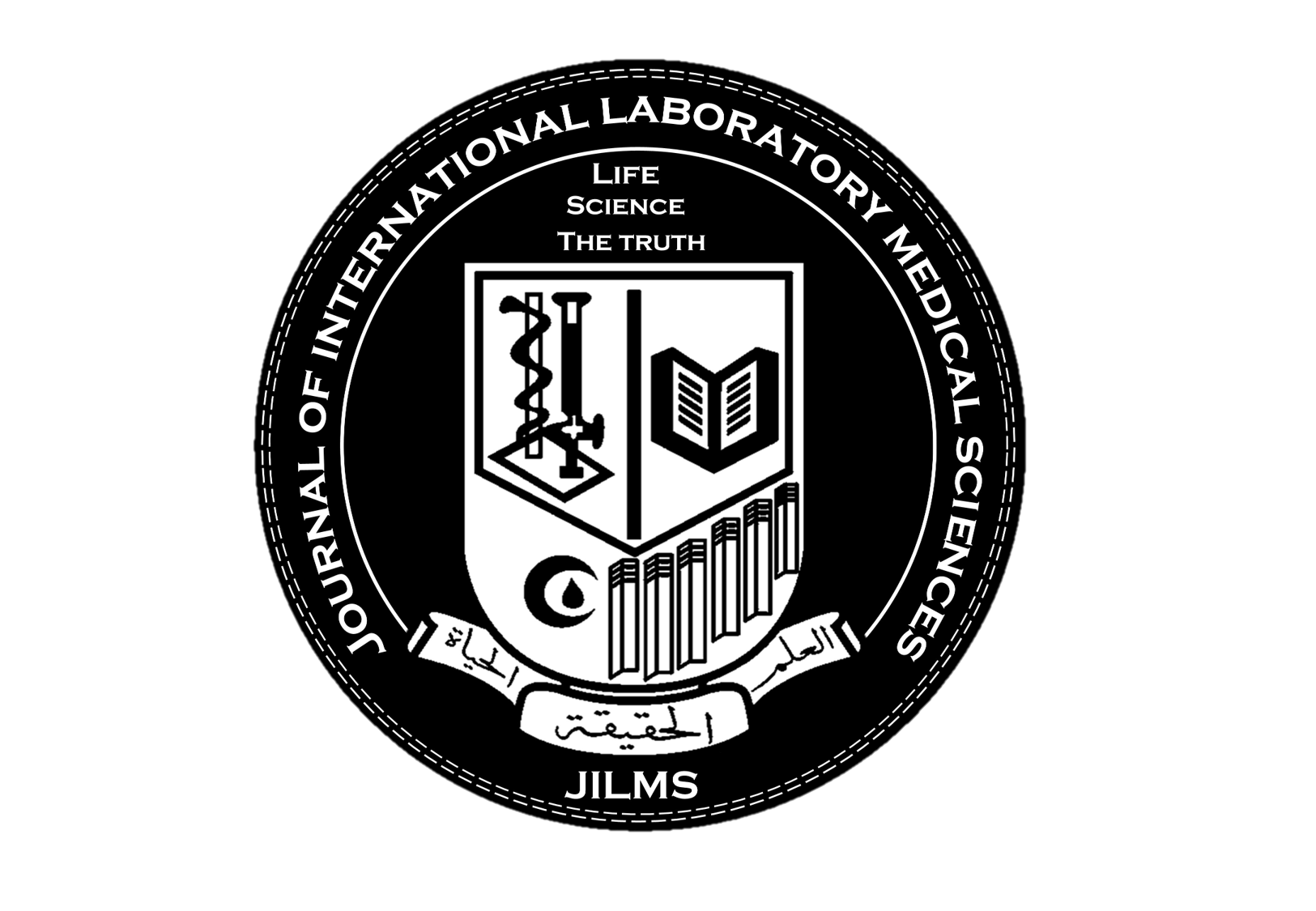Reviewer Guidelines
Registration in the Journal's Reviewers Team
Having at least a Ph.D. in the specialties offered by the journal and having experience in reviewing articles in refereed journals, with at least 10 articles reviewed. To be able to provide precise scientific comments, opinions, and criticisms. It is necessary for reviewers to follow the journal’s privacy policy and have a comprehensive understanding of scientific arbitration rules and standards. It is important to follow the journal’s terms of arbitration.
To sign up for the journal’s arbitration body, go to https://iijas.eventsgate.org/iijas/user/register and create an account.


Completeness is required for all the information below:
Full Name
Name of the university to which you belong or currently work (affiliation listed on the website).
Arbitration interests are topics that the reviewer is interested in submitting research on.
Curriculum vitae.
Provide a link to your personal page that displays academic works (the personal page account can be a ResearchGate account, ORCID account, Google Scholar account, or any comparable account that displays academic works).
Contact the journal management after thoroughly completing the data to activate the account and submit research for arbitration.
(Please note that any loss of the above information will prevent the system from issuing an arbitration certificate for the reviewer).
The above information can be added by logging into the account, clicking on the icon, and selecting “Edit Profile.”
Reviewer's Tasks
- Ensure that the research paper is organized according to the publishing instructions by carefully examining it.
- Ensure that the essential elements of the research are completed as specified in the approved template.
- Verify the validity of the methodology, conclusions, results, and recommendations.
- Linguistic review that adheres to the publishing standards for research papers, with a focus on grammatical rules and punctuation marks.
- Provide suggestions to the author that contribute to improving the research paper in the research file, including notes and suggestions from the reviewer for the researcher’s benefit even in the case of research rejection.
The Journal's privileges for reviewers
- The reviewer receives an endorsement from the journal indicating their acceptance of research in the journal.
- After obtaining qualifying points and registering colleagues and publishing their research in the journal, as per the journal management’s standards, you can benefit from free publication. (For inquiries about free publication, contact the journal management).
- By reviewing recent research works in their specialization, the Reviewer’s knowledge can be enhanced.
- Presenting workshops and courses in the journal can increase the audience of researchers in the same field.
- There is a chance to join the advisory board and editorial board of the journal.
Before making a decision on whether to accept or decline a review invitation, consider the following questions:
Is this article within your field of expertise?
Only accept if you believe you can provide a high-quality review.
Do you have any potential conflicts of interest?
Please inform the editor when you respond.
Do you have the time?
Reviewing can be a lot of work. Before you commit, make sure you can meet the deadline.
What are the steps to peer-review the JILMS?
The reviewer’s report must be comprehensively critical of the submission and contain only a few brief sentences. JILMS doesn’t require a specific reporting structure, but the suggested format is:
- Summary.
- Major issues.
- Minor issues.
- Reviewers are encouraged to assist authors in enhancing their manuscripts. The report should provide constructive analysis to the authors, particularly when recommending reviews.
- Reviewers can hide certain comments from authors by adding them to the editor’s secret comments.
- Although expectations may vary depending on the discipline, auditors should be critical of several key aspects:
- Are the research questions valid?
- Is the sample size sufficient?
- Is approval and/or ethical approval necessary and is the research ethical?
- Are the methods and study design appropriate to answer the research question?
- Do the experiments have appropriate controls?
- Is the reporting of methods, including any equipment and materials, sufficiently detailed to allow for reproducibility of the research?
- Were any appropriate statistical tests used and reported properly?
- Are the figures and tables accurate and clear representations of the results?
- Have the authors and others discussed previous research and compared their findings to current findings?
- Are there any inappropriate citations, for example, that do not support the claim made or too many citations to the authors’ own articles?
- Do the results support the conclusions?
- Are search restrictions acknowledged?
- Is the abstract an accurate summary of the research and findings without any rotation?
- Is the language easy to understand?
- Authors can receive reviews in a timely manner by submitting reviewers’ reports through the manuscript tracking system on or before the agreed deadline. If reviewers are unable to meet the deadline, they should contact the JIMDS to arrange an alternative appointment.
- We encourage reviewers to focus their reports on an objective critique of the scientific aspects of the submission, including the soundness of the methodology and whether conclusions can be supported by the findings. It is possible to provide comments on the work’s novelty and potential impact.
After the review is completed, we ask the reviewers to suggest one of the following:
- Accepted.
- Simple review.
- The main review.
- Refuse.
- Unable to review.
- Secrecy.
- The confidentiality of manuscripts under review must be strictly enforced.
- It is prohibited for reviewers to share manuscripts or discuss their content with anyone outside of the peer review process.
- Reviewers may consult with colleagues from their research group upon request and are confident that the confidentiality of the manuscript will be maintained.
- The first step for reviewers is to reach out to the JIMDS or Editor-in-Chief and record the name of the colleague(s) in the Comments to Editor section of their report.
Conflict of interest
Reviewers are responsible for refusing to review a submission when:
Has a financial interest in the work.
The manuscript has previously been discussed with the authors.
You feel unable to be objective.
Review requests.
We are grateful for requests to join our peer reviewer community. Reviewers are chosen by our editorial board on a manuscript-by-manuscript basis. In each case, they invite the most suitable scholars from their discipline and/or publication list. To ensure we have your contact details up to date, interested reviewers should register for a user account.
Article processing fees
The following summarizes the procedures for publishing scientific research in the JILMS journal:
Submit the research through the official website of the journal at www.journal.org .
The researcher will receive feedback via email after the research is evaluated.
Researchers can choose from various payment methods, including bank transfers, Western Union transfers, MoneyGram transfers, PayPal, Visa card transfers, and Zain Cash.
For more details on payment methods, contact the following number or email.
A comprehensive report with all necessary feedback for improvement will be sent to the researcher via email to ensure that the research meets the journal’s requirements.
Once the journal’s review committee has completed all the necessary procedures for the final version of the scientific research, the researcher will be accepted for publication.
On the publication date, the researcher will receive a free electronic copy of the published research and the complete issue in which it was published.
